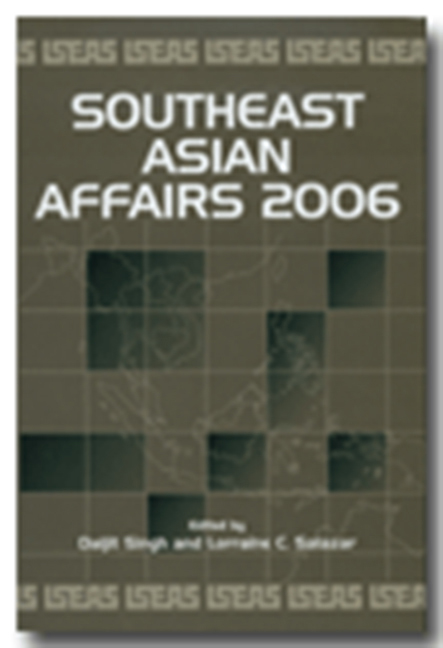Mahathir as Muslim Leader
from Malaysia
Published online by Cambridge University Press: 21 October 2015
Summary
From Malay To Muslim Dilemma
At the relatively mature age of 45, Mahathir Mohamad published The Malay Dilemma, an effective formulation of the position taken by many Malay nationalists about the unacceptability of the socio-economic state of the Malays. 1 With it came fame, and infamy. The book was written in haste after his suspension from the ruling United Malays National Organisation (UMNO) following his public criticism of Tunku Abdul Rahman, Malaysia's first premier, in 1970. After being rehabilitated in 1972 by the succeeding premier, Abdul Razak Hussein, Mahathir quickly rose within the political hierarchy. In May 1981 he became Malaysia's fourth prime minister and stayed in that position until he retired in October 2003 at the age of 77. Along the way he fought and won countless battles against political rivals on all imaginable fronts, and worked to turn Malaysia into an industrialized economy.
Alongside the impressive economic progress, an Islamization of Malaysia took place during Mahathir's watch. In 1982 he brought Islamic youth leader, Anwar Ibrahim, who was not a member of any political party at that time, into UMNO, purportedly to help him put an Islamic stamp on his modernization ideas, and to resist the Islamist party, Parti Islam SeMalaysia (PAS). That is the generally accepted interpretation of Mahathir's surprise move. Such conclusions result from the assumption that Mahathir — and UMNO for that matter — is basically a secular leader concerned with the material development of his country and his own ethnic group, the Malays, and that the “Muslimness” of the Malays was of lesser importance.
Yet, Mahathir himself had claimed that he did not accept the polarity of secularism and religion, even if this particular conviction appears to have come late in his life. In The Malay Dilemma, for example, Islam is not dealt with centrally.
While such a stance may be regarded as a rejection of what is normally considered a Western dichotomy, Mahathir's position was just as much — if not more poignantly so — a criticism of Muslim leaders through the ages who turned their backs on all knowledge that they considered not to be religious.
- Type
- Chapter
- Information
- Southeast Asian Affairs 2006 , pp. 172 - 180Publisher: ISEAS–Yusof Ishak InstitutePrint publication year: 2006



